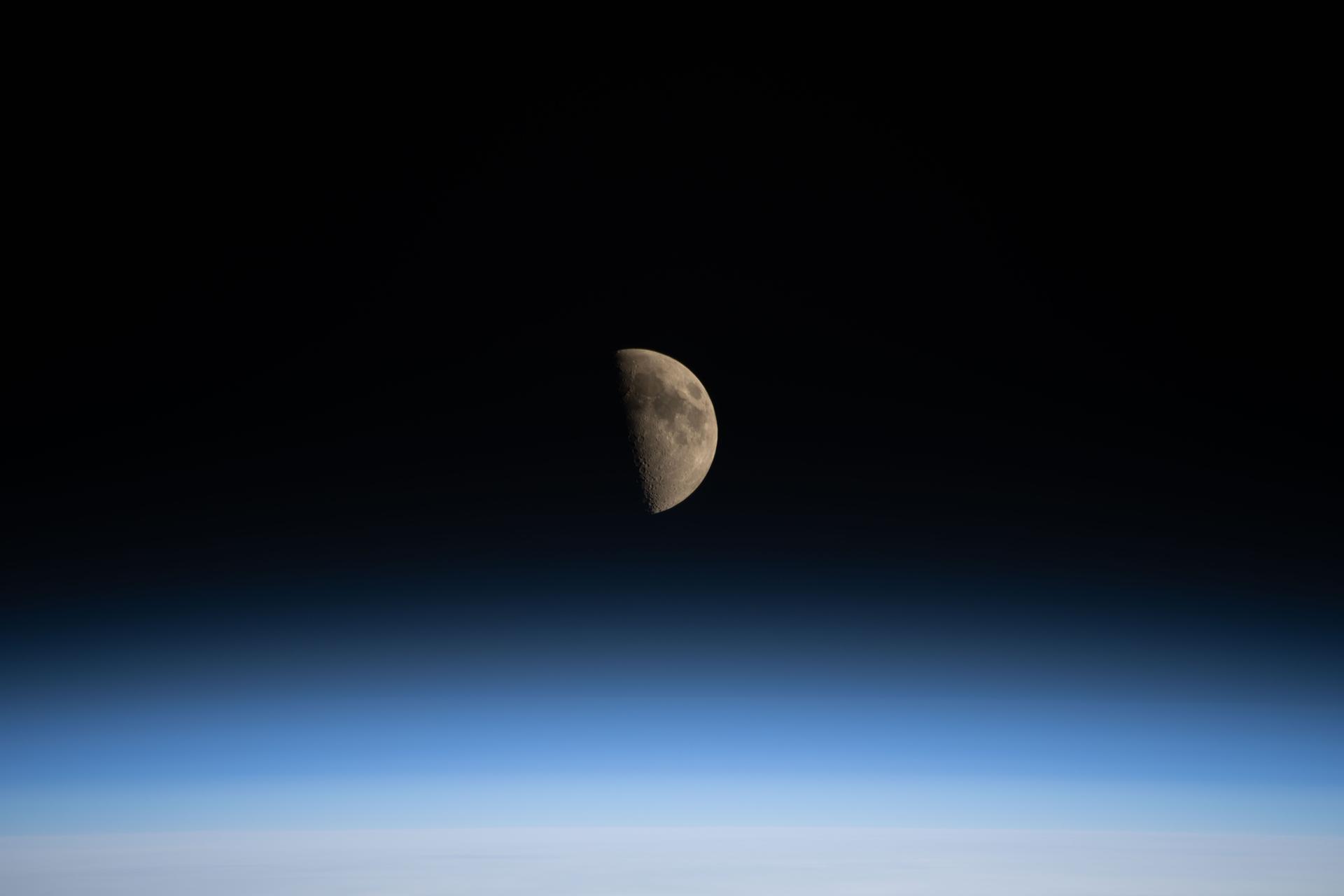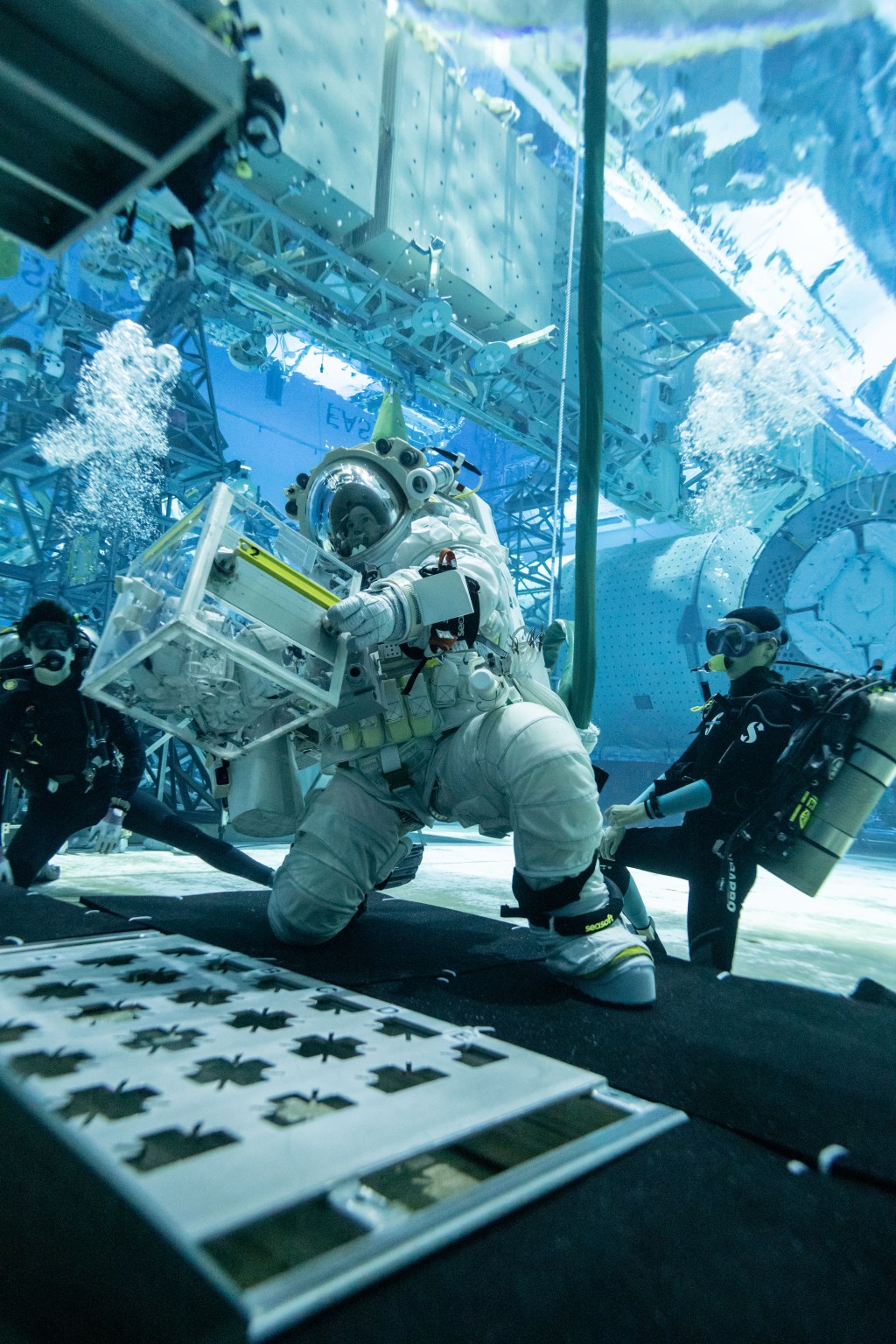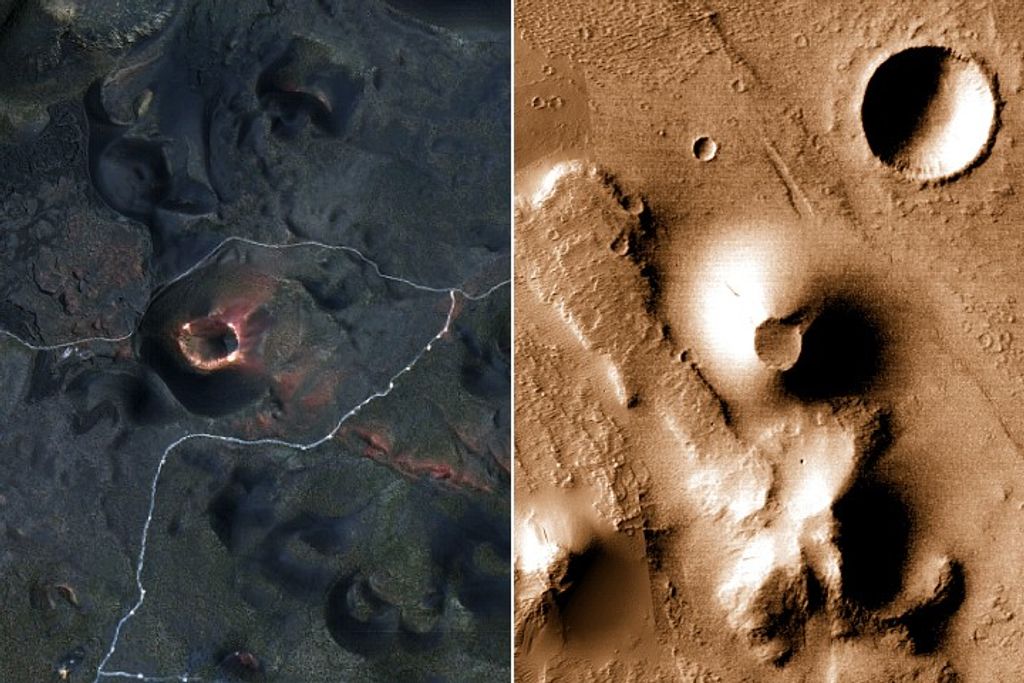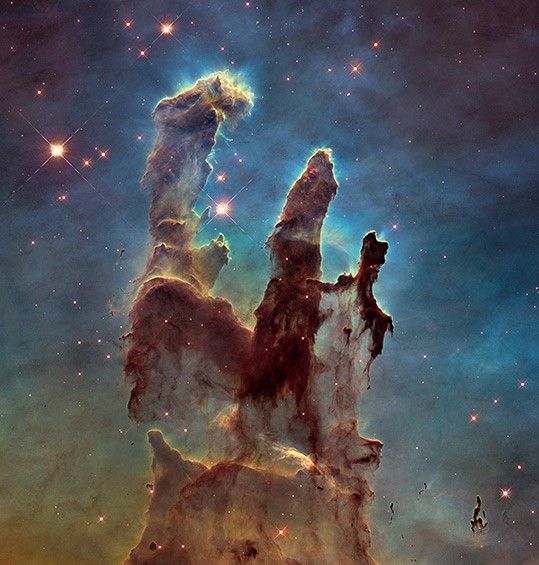1 min read
Kuiper Belt Object 2003 UB313

NASA's Hubble Space Telescope resolved Kuiper Belt object "Xena" for the first time and found that it is only just a little larger than Pluto.
Ground-based observations suggested that Xena was about 30 percent greater in diameter than Pluto, but Hubble's Advanced Camera for Surveys images, taken on Dec. 9 and 10, 2005, yielded a diameter of 1,490 miles (with an uncertainty of 60 miles) for Xena. Pluto's diameter, as measured by Hubble, is 1,422 miles.
Located 10 billion miles away, but with a diameter that is a little more than half the width of the United States, Xena is 1.5 picture elements across in Hubble's view.
Xena is officially catalogued as 2003 UB313. Its orbital period is about 560 years, and the Kuiper Belt object is now very close to aphelion (the point on its orbit that is farthest from the Sun).
About the Object
- R.A. PositionR.A. PositionRight ascension – analogous to longitude – is one component of an object's position.01h 35m 37.64s
- Dec. PositionDec. PositionDeclination – analogous to latitude – is one component of an object's position.-5° 39' 57.7"
- DistanceDistanceThe physical distance from Earth to the astronomical object. Distances within our solar system are usually measured in Astronomical Units (AU). Distances between stars are usually measured in light-years. Interstellar distances can also be measured in parsecs.10 billion miles away (16 billion kilometers)
About the Data
- Data DescriptionData DescriptionProposal: A description of the observations, their scientific justification, and the links to the data available in the science archive.
Science Team: The astronomers who planned the observations and analyzed the data. "PI" refers to the Principal Investigator.This image was created from HST data from proposal 10759: M. Brown (Caltech), D. Rabinowitz (Yale University) and C. Trujillo (Gemini Observatory). - InstrumentInstrumentThe science instrument used to produce the data.HST>ACS/HRC
- Exposure DatesExposure DatesThe date(s) that the telescope made its observations and the total exposure time.December 9-10, 2005, Exposure Time: 1.9 hours
- FiltersFiltersThe camera filters that were used in the science observations.F435W (B)
- Object NameObject NameA name or catalog number that astronomers use to identify an astronomical object.2003 UB313, "Xena"
- Object DescriptionObject DescriptionThe type of astronomical object.Kuiper Belt Object
- Release DateApril 11, 2006
- Science ReleaseHubble Finds ‘Tenth Planet’ is Slightly Larger than Pluto
- Credit
Related Images & Videos

Artist's Concept of Kuiper Belt Object 2003 UB313 (Non-Annotated)
This is an artist's concept of Kuiper Belt object 2003 UB313 (nicknamed "Xena") and its satellite "Gabrielle." Ground-based observations suggested that Xena was about 30 percent greater in diameter than Pluto, but Hubble's Advanced Camera for Surveys images, taken on Dec. 9 and...

Artist's Concept of Kuiper Belt Object 2003 UB313 (Annotated)
This is an artist's concept of Kuiper Belt object 2003 UB313 (nicknamed "Xena") and its satellite Gabrielle. NASA's Hubble Space Telescope observed Xena with the Advanced Camera for Surveys on Dec. 9 and 10, 2005. The Hubble measurements of Xena yielded a diameter of 1,490 miles...
Share
Details
Claire Andreoli
NASA’s Goddard Space Flight Center
Greenbelt, Maryland
claire.andreoli@nasa.gov
























